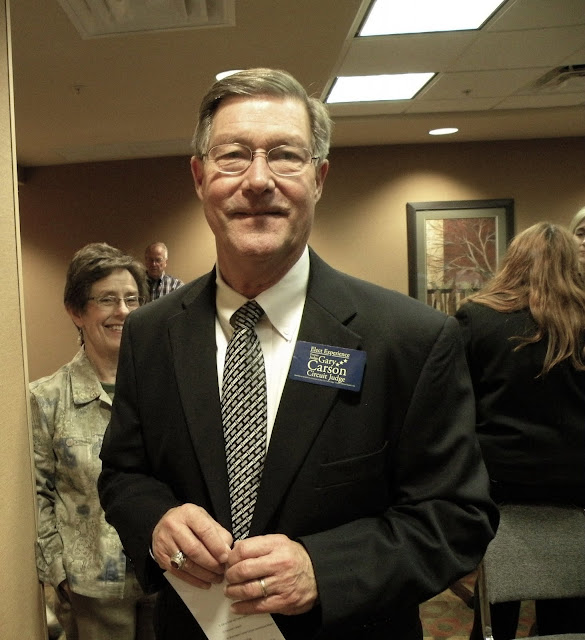Please click on image to ENLARGE for closer view of sample photos from WPWP.
PLEASE double-click the image to ENLARGE view and ENLARGE further with your computer's tools to read small type. For more about World Peace Wetland Prairie please see www.flickr.com/photos/7295307@N02/collections/ www.flickr.com/photos/7295307@N02/collections/
PLEASE double-click the image to ENLARGE view and ENLARGE further with your computer's tools to read small type.
MANY REASONS TO PROTECT LAND SUCH AS WORLD PEACE WETLAND AND PINNACLE PRAIRIE FOREVER:
World Peace Wetland Prairie is the riparian zone of a small stream that historically was fed by seep springs and rainwater from three directions when the first westward immigrants settled Fayetteville, Arkansas. World Peace Wetland Prairie has the deepest layer of dark, rich soil in its subwatershed because leaves and other vegetative matter accumulated as the flowing water slowed and soaked into the absorbent soil and enriched that soil. Pinnacle Foods Inc.'s mounded wet prairie to the west is the main source of clean water flowing to World Peace Wetland Prairie at this time. Before the railroad was built, water flowed off Rochier Hill to the northwest and from the prairie and savannah to the north of WPWP that has been replaced by fill dirt and paving for apartments. Water from the east and north slopes of the high land where Pinnacle Foods Inc. now sits flowed to WPWP along with all the water from the high ground near 15th Street, which moved north to WPWP before flowing east to the Town Branch of the West Fork of the White River. Such remnants of prairie help keep the water where it falls and recharge the groundwater. Like the many similar remnants of such prairie in our diverse geographical area, WPWP and Pinnacle Prairie are the surface manifestation of a significant bedrock fault. Such sunken wetland is a characteristic feature that appears above geological faults worldwide. The Karst map of Washington County Arkansas shows the WPWP watershed in red, meaning that it is a critical groundwater recharge area. Preserving such depressional wetland in our city is the least expensive way to reduce downstream flooding and siltation of our water supply. Hundreds of native plants grow. Many birds and other wildlife prosper on healthy wetland vegetation. And prairie vegetation sequesters carbon dioxide and cleans the ground water.
KEEP the WATER where it FALLS!






 Katherine Baer Senior Director, Clean Water Program
Katherine Baer Senior Director, Clean Water Program





































